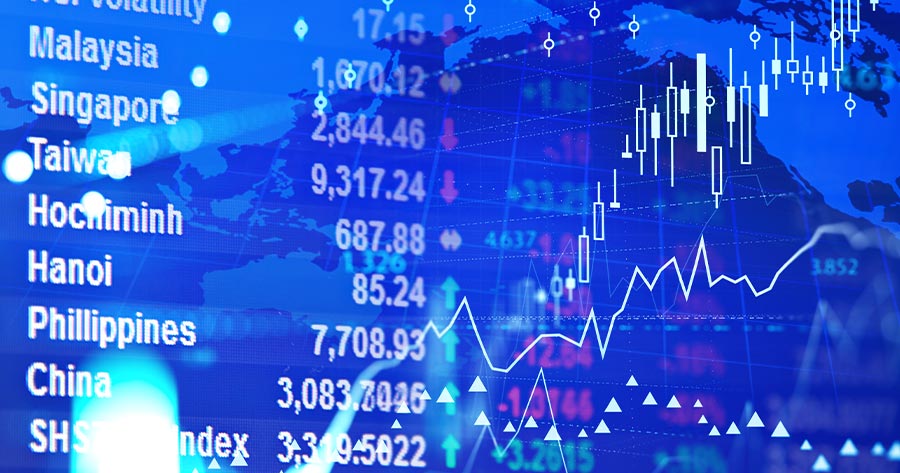On Wednesday morning (11 September, 9:31 AM, GMT+7, Bangkok time), most indices in Asia Pacific declined as traders digested Japan’s business sentiment and South Korea’s unemployment data.
Investors also monitored the release of U.S. August consumer inflation report.
South Korea revealed a decline in unemployment to 2.4% in August, marking the lowest rate since 1999, as per Statistics Korea.
In Japan, according to the Reuters Tankan survey, there was a drop in confidence among major manufacturers to plus 4 in September, marking a seven-month low compared to plus 10 in August. Sentiment among non-manufacturers decreased for the third consecutive month to plus 23, down from plus 24.
Japan’s NIKKEI decreased by 0.73% to 35,893.77. South Korea’s KOSPI lost 0.38% to 2,513.87, and Australia’s ASX 200 slid by 0.29% to 7,988.7.
As for stocks in China, Shanghai’s SSEC fell by 0.86% to 2,720.7. Hong Kong’s HSI slumped by 1.27% to 17,014.45, while Shenzhen’s SZI rose by 0.32% to 8,099.92.
Meanwhile, the US stock markets were mixed on Tuesday as NASDAQ surged by 0.84% to 17,025.88. S&P 500 increased by 0.45% to 5,495.52, while the Dow Jones Industrial Average (DJIA) dipped by 0.23% to 40,736.96. VIX shrank by 1.9% to 19.08.
As for commodities, oil prices settled at their lowest level since December 2021 on Tuesday, as the market’s sell-off accelerated following OPEC’s second downward revision of its demand forecast in two months. Brent futures dropped $2.65 or 3.69% to $69.19 a barrel, and the West Texas Intermediate (WTI) contracted $2.96 or 4.3% to $65.75 per barrel.
This morning, Brent futures grew 39 cents or 0.56% to $69.58 a barrel, and the WTI gained 43 cents or 0.65% to $66.18 per barrel.
Meanwhile, gold futures climbed by 0.15% to $2,546.8 per Troy ounce.



